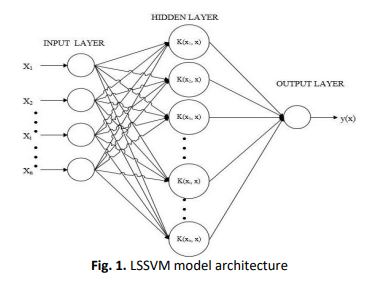Application of Gaussian Process Regression (GPR) in Gas Hydrate Mitigation
DOI:
https://doi.org/10.37934/arfmts.88.2.2737Keywords:
Gas Hydrate, Gaussian Process Regression, Least Square Support Vector Machine, Artificial Neural Network, Average Depression TemperatureAbstract
The production of oil and natural gas contributes to a significant amount of revenue generation in Malaysia thereby strengthening the country’s economy. The flow assurance industry is faced with impediments during smooth operation of the transmission pipeline in which gas hydrate formation is the most important. It affects the normal operation of the pipeline by plugging it. Under high pressure and low temperature conditions, gas hydrate is a crystalline structure consisting of a network of hydrogen bonds between host molecules of water and guest molecules of the incoming gases. Industry uses different types of chemical inhibitors in pipeline to suppress hydrate formation. To overcome this problem, machine learning algorithm has been introduced as part of risk management strategies. The objective of this paper is to utilize Machine Learning (ML) model which is Gaussian Process Regression (GPR). GPR is a new approach being applied to mitigate the growth of gas hydrate. The input parameters used are concentration and pressure of Carbon Dioxide (CO2) and Methane (CH4) gas hydrates whereas the output parameter is the Average Depression Temperature (ADT). The values for the parameter are taken from available data sets that enable GPR to predict the results accurately in terms of Coefficient of Determination, R2 and Mean Squared Error, MSE. The outcome from the research showed that GPR model provided with highest R2 value for training and testing data of 97.25% and 96.71%, respectively. MSE value for GPR was also found to be lowest for training and testing data of 0.019 and 0.023, respectively.
Downloads

































